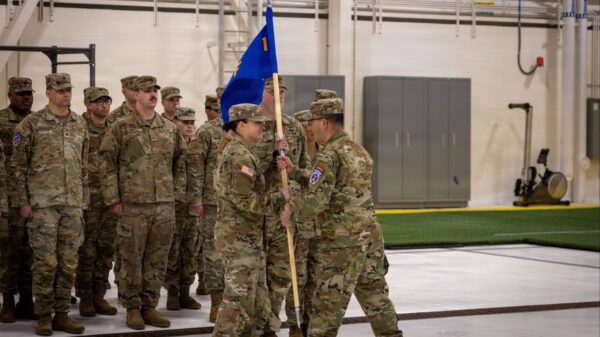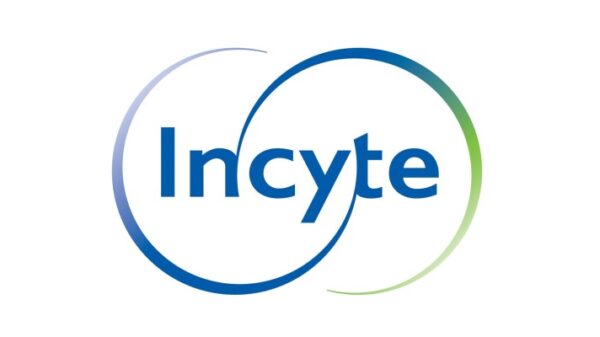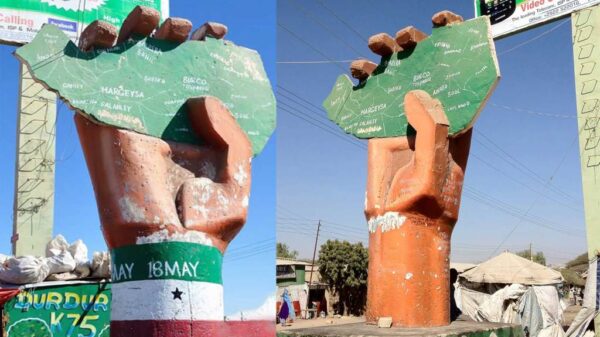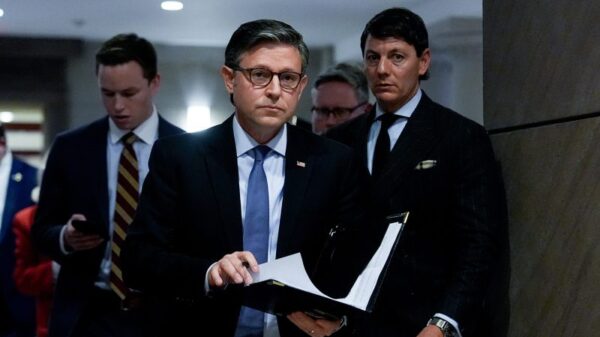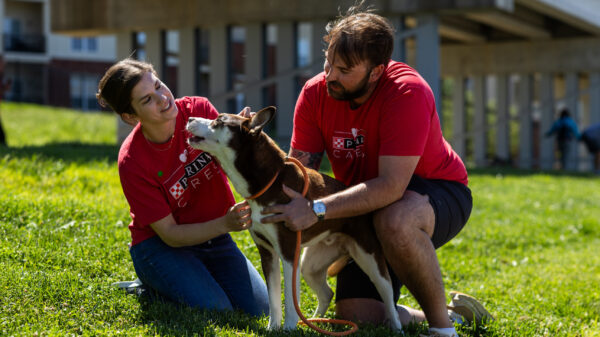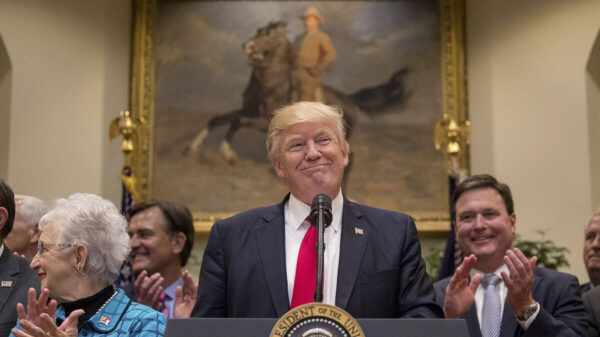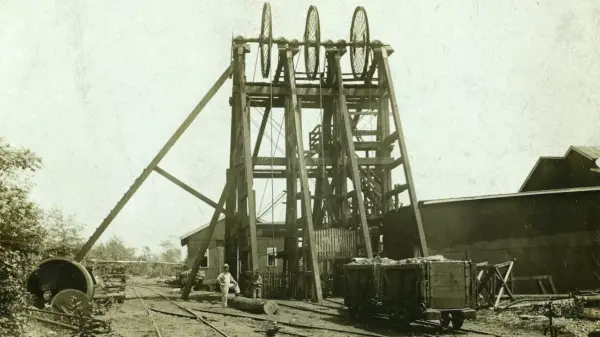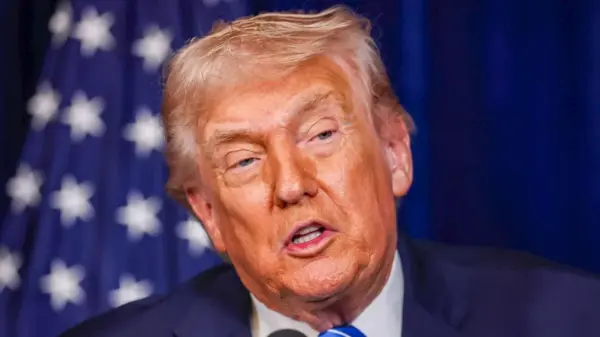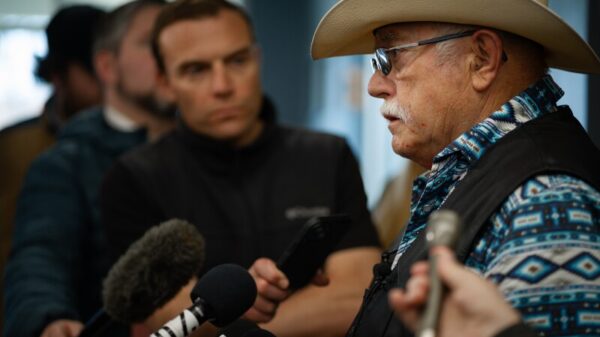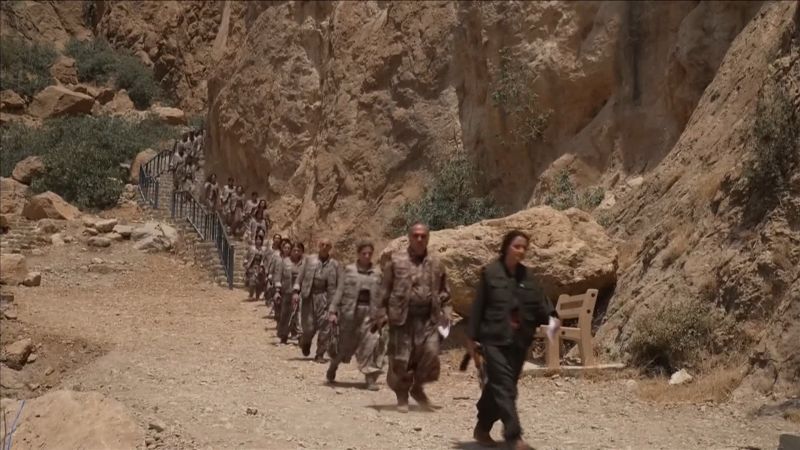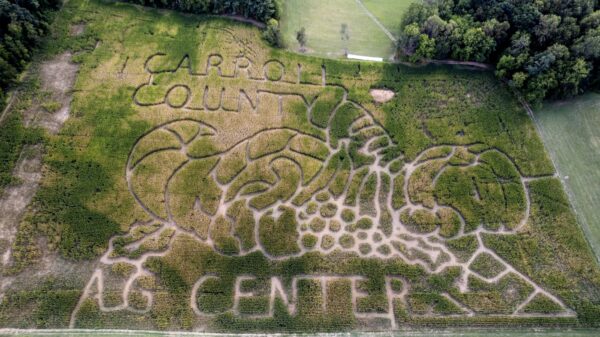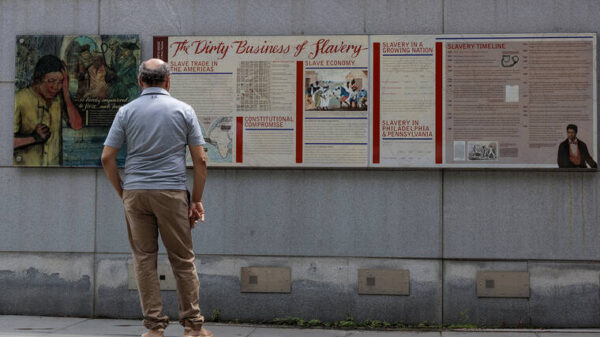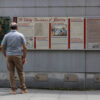In a significant development, members of the Workers’ Party of Kurdistan (PKK) destroyed their weapons as part of a disarmament ceremony held in Northern Iraq on October 30, 2023. This event marks a pivotal moment in the ongoing efforts to address longstanding tensions in the region. The ceremony was attended by various local officials and representatives from the Kurdish community.
During the event, PKK fighters publicly burned their firearms, symbolizing a commitment to peace and a reduction in armed conflict. The display was not only a demonstration of disarmament but also an appeal for dialogue between the Kurdish factions and the Iraqi government. This ceremony follows a broader initiative aimed at promoting reconciliation and stability in the region.
Significance of the Disarmament Ceremony
The disarmament ceremony serves as a critical step in the PKK’s ongoing efforts to transition from armed struggle to political advocacy. As part of the weapons amnesty program, this initiative encourages fighters to relinquish their arms in exchange for political concessions. Local leaders emphasized the importance of this process for fostering long-term peace.
The ceremony was framed as a response to the needs of the local population, many of whom have suffered from years of conflict. The hope is that this act will pave the way for improved relations between the Kurdish population and the Iraqi government, which has often been strained due to historical grievances and territorial disputes.
International Reactions and Implications
International observers have noted the significance of the event in the context of regional stability. Analysts suggest that the disarmament of the PKK could lead to reduced violence and greater cooperation between different Kurdish factions and the Iraqi state.
This ceremony also resonates beyond Iraq’s borders, as it could influence Kurdish movements in neighboring countries. The PKK’s commitment to disarmament may encourage other Kurdish groups to consider similar paths toward peaceful resolution of their disputes.
Local reactions to the disarmament ceremony have varied, with some community members expressing optimism about the future, while others remain skeptical about the PKK’s intentions. The challenge will be to maintain momentum in this peace process and ensure that the disarmament leads to meaningful political dialogue.
As the situation continues to evolve, the world will be watching closely to see how the PKK’s actions impact the broader regional dynamics. The successful implementation of disarmament could set a precedent for other groups in conflict and foster hope for a more peaceful future in the region.







